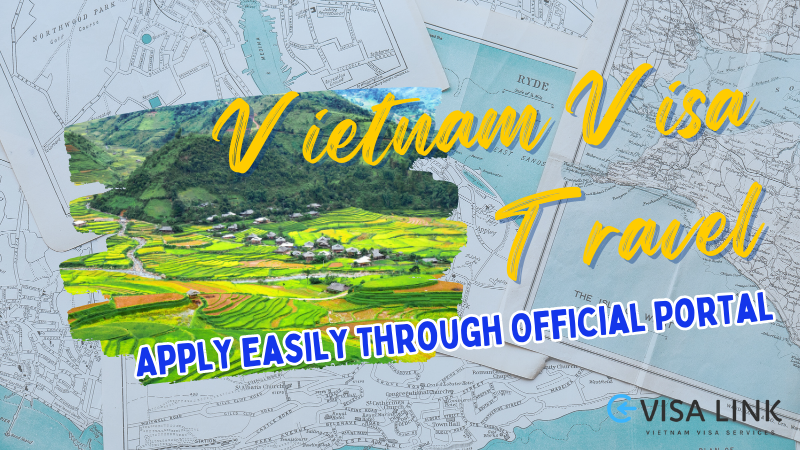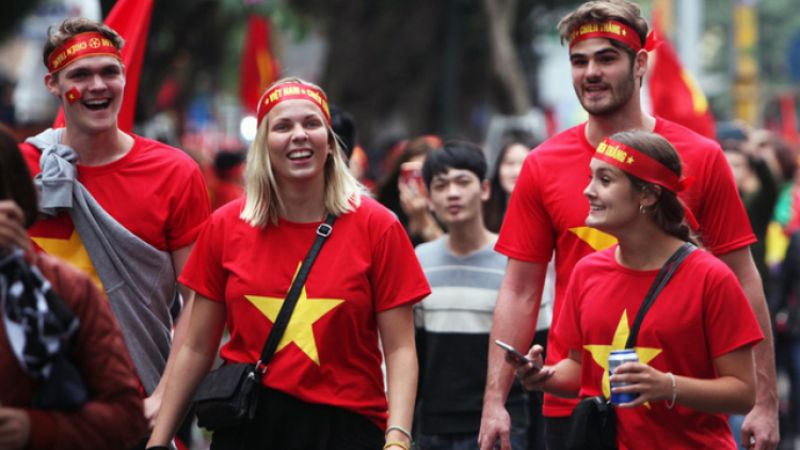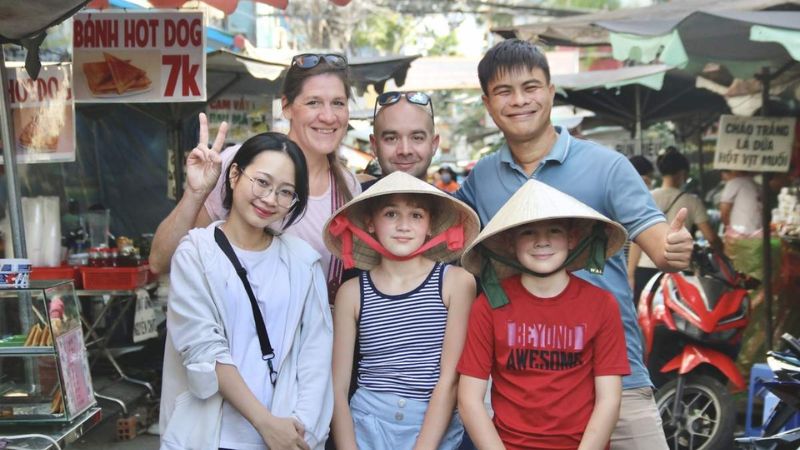Embarking on a leisurely journey through Vietnam? Before you begin your exciting journey, it’s important to grasp the details of Vietnam visa travel. This is crucial to ensure your trip is smooth and hassle-free. We’ve compiled all the information you need, covering a wide array of topics.
Understanding the travel visa of Vietnam
Have you ever contemplated: Is a visa a necessity for my upcoming stay in Vietnam?
Absolutely, you do need a visa for your Journey of a Lifetime. A Vietnam visa is an essential component of the immigration process for all travelers entering the country. Depending on the nature of your visit, you will need either a Tourist or Business visa.
The Tourist Visa – the most commonly sought type of a visa. It is an official document issued by the Vietnam Immigration Department, granting entry into Vietnam for tourism purposes. Certain travelers also call it a travel visa, or visitor visa, or holiday visa.
It is typically valid for 15-30 days. You can extend it upon your arrival in Vietnam if necessary. In some cases, you can apply for a 3 month visa for tourism purpose; the procedure will be the same with 1 month visa. In simpler terms, a Vietnamese tourist visa can be valid for a duration ranging from 15 days to 3 months.
Vietnam tourist visa requirements
Get a clear overview of the specific requirements and documents needed to obtain a tourist visa for Vietnam, including:
- Passport validity
- Visa photo
- Completed visa form
- Visa fees
Who is exempt from a tourist visa for Vietnam?
Vietnam has waived tourist visas for specific nationalities through bilateral and unilateral agreements. Several countries have received exemptions from requiring Tourist Visas for Vietnam, including:
| Nationality | Visa Exemption Period |
| Belarus | Up to 45 days |
| Brunei | Up to 14 days |
| Cambodia | Up to 30 days |
| Chile | Up to 90 days |
| Denmark | Up to 45 days |
| Finland | Up to 45 days |
| France | Up to 45 days |
| Germany | Up to 45 days |
| Indonesia | Up to 30 days |
| Italy | Up to 45 days |
| Japan | Up to 45 days |
| Kyrgyzstan | Up to 30 days |
| Laos | Up to 30 days |
| Malaysia | Up to 30 days |
| Myanmar | Up to 14 days |
| Norway | Up to 45 days |
| Philippines | Up to 21 days |
| Panama | Up to 90 days |
| Russia | Up to 45 days |
| Singapore | Up to 30 days |
| South Korea | Up to 45 days |
| Spain | Up to 45 days |
| Sweden | Up to 45 days |
| Thailand | Up to 30 days |
| United Kingdom (excluding BNO) | Up to 45 days |
| Phu Quoc Visitors | Up to 30 days, no tourist visa required |
Exploring Vietnam’s tourist visa types
Unveiling the different categories of tourist visas available in Vietnam:
- A 30-day single-entry visa
- A 30-day multiple-entry visa
- A 90-day single-entry visa
- A 90-day multiple-entry visa
Please note that the Vietnam Government has temporarily suspended the one-year US citizens’ Tourist Visa until further notice.
Applying for a Vietnam tourist visa
Dive into the application process for a tourist visa, understand the processing times, and learn about associated fees. Explore two primary ways to acquire your visa:
Applying for Vietnam eVisa (Online Visa application processing):
Citizens can now apply for the Vietnam Tourist eVisa on the Official Website of the Vietnam Government.
Applying for Vietnam Visa on Arrival
Vietnam Visa on Arrival involves a visa online application to get a Visa Approval Letter. After that, tourists will get the visa stamped upon arrival at the airport. This method is suitable for emergencies when obtaining an eVisa in advance may not be feasible.
Important notes to Vietnam Visa on Arrival
- Vietnam tourist visa approval processing time varies based on your request, ranging from a few hours to several days.
- You will need to pay the stamping fee at Vietnam airport, which is US $25.
- You must leave Vietnam by your visa expiry date.
Extending your stay in Vietnam
Currently, it’s not possible to extend a Vietnam Tourist Visa within the country. To continue staying in Vietnam after its expiration, many travelers choose to do a Visa Run.
Visa Run – a trip when your visa is close to expiry, and extending it is impractical or costly. You’ll need to exit Vietnam, go to a neighboring country, and then come back to Vietnam with a fresh visa.
You can take on your Visa Run in Vietnam through two methods:
- Visa run via Vietnam international airports.
- Visa run via land borders.
Here are the 24 checkpoints where you can do a Visa Run from Vietnam:
| Airports | Land borders |
| Noi Bai International Airport – Hanoi | Bo Y Landport (to Laos) |
| Tan Son Nhat International Airport – HCMC | Cha Lo Landport (to Laos) |
| Da Nang International Airport – Da Nang | Cau Treo Landport (to Laos) |
| Cat Bi International Airport – Hai Phong | Huu Nghi Landport (to China) |
| Cam Ranh International Airport – Khanh Hoa | Ha Tien Landport (to Cambodia) |
| Phu Quoc International Airport – Phu Quoc | Lao Bao Landport (to Laos) |
| Lien Khuong International Airport – Da Lat | Lao Cai Landport (to China) |
| Can Tho International Airport – Can Tho | La Lay Landport (to Laos) |
| Moc Bai Landport (to Cambodia) | |
| Mong Cai Landport (to China) | |
| Nam Can Landport (to Laos) | |
| Na Meo Landport (to Laos) | |
| Song Tien Landport (to Cambodia) | |
| Tinh Bien Landport (to Cambodia) | |
| Tay Trang Landport (to Laos) | |
| Xa Mat Landport (to Cambodia) |
Conclusion
Prepare for your trip to Vietnam by understanding its visa requirements. The Tourist Visa, usually valid for 15-30 days and extendable, suits leisure travelers. Ensure you meet the requirements like a valid passport and fees. Some nationalities may be exempt.
Explore visa categories, and be aware of the temporary suspension of the one-year US citizen tourist visa. Apply via methods like Vietnam eVisa or visa on arrival for emergencies. If you need an extension, you can consider performing a Visa Run via airports or land borders.




